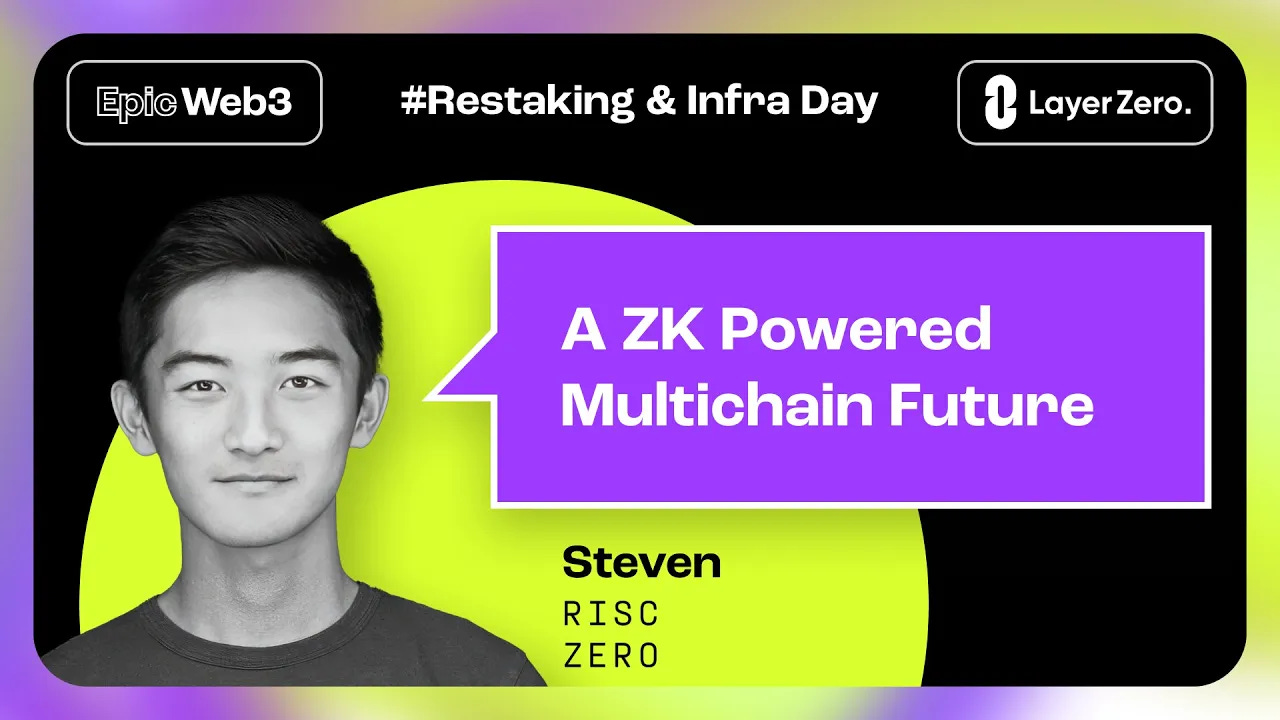GM and happy Monday frens🖖
Lagrange Labs got $13.2M during their seed round last week. The company is creating zk-coprocessor, which is said to "unlock new data-intensive and cross-chain applications".
To understand this tech and how it got so much cash, we decided to delve into zk-coprocessor field with another project - RISC Zero.
Scroll down to understand - is it a new buzzword or something real this time? But first, something entirely different:
🎉 Conference for all layers 2 out there
💾 WTF is ZK-coprocessor?!
📰 This week's news
🖥️Join the biggest L2 event at EthCC
Join the biggest conference dedicated to ETH Layer 2 Scaling solutions, Infra, Modularity, Data Availability, and more.
Partners such as Veridise, Starknet, zkSync, Cartesi, Zircuit, nil; Foundation, Linea, Limechain, NEAR, Halliday have already joined!
⭐What to expect:
55+ speakers
700+ attendees
Developer focused
🗓July 9
📍Brussels
🤿Deep-dive: WTF is ZK-coprocessor
Insights from talk "A ZK Powered Multichain Future " by Steven, RISC Zero. Full version is here.
What is coprocessor?
A coprocessor is a microprocessor designed to supplement the capabilities of a primary processor. In this case, the primary processor is Ethereum.
You can think about a ZK coprocessor as a generalized framework. It's a generalization of existing scaling methods, like ZK rollups, as well as ZK plasmas and Validiums.
Practical Applications
Instead of building blockchains on top of blockchains, which is traditionally how we've thought about layer twos and layer threes, we can pursue an even more modular approach to scaling by breaking away even more components, such as DA, consensus, state, and more.
This provides us with a really flexible and dynamic solution space for scaling blockchains
ZK-coprocessor and modularity
What I'd like to propose is an idea that completely abstracts away the major parts of a coprocessor towards Ethereum. In this case, both the states, that is the blocks and account balances, as well as the sequencing all live on Ethereum.
And the only thing you're left with on the coprocessor is execution. What this looks like in practice, for example, is a DeFi app such as an order book can keep all your account balances on Ethereum, and whenever it needs to do a swap or an exchange, it can send any sort of compute it needs to do and the states to the coprocessor, which can execute that and then submit the results back to Ethereum for settlement. What this practically means is any sort of DeFi app can take advantage of layer one liquidity without any sort of bridging, but also utilize ZK scaling to reduce their gas costs.
Future
Innovations in the ZK space, specifically multi-chain verification, as well as improved ZK performance, will enable us to really expand the solution space for coprocessors."
The future that we imagine here is a universal ZK layer, one that connects and translates consensus states, DA, across a whole variety of blockchains.
In the future, we also imagine things like connecting it to Web2, bringing in off-chain identity, healthcare records, defense tech, AI.
⚡Blitz News
Starknet Foundation launches $5M grants program
Web3 protocol Inference Labs receives $2.3M boost to decentralize AI
Galaxis Raises $10M, Doubling Down on Belief That NFTs Will Provide Real Value Everywhere
Galxe integrates World ID for enhanced human verification in Web3
All right, that’s it for today! 👋 But wait…
You didn’t say “gm” on Twitter! Let’s catch up there for daily insights.
Sending growth your way,
Epic Web3







